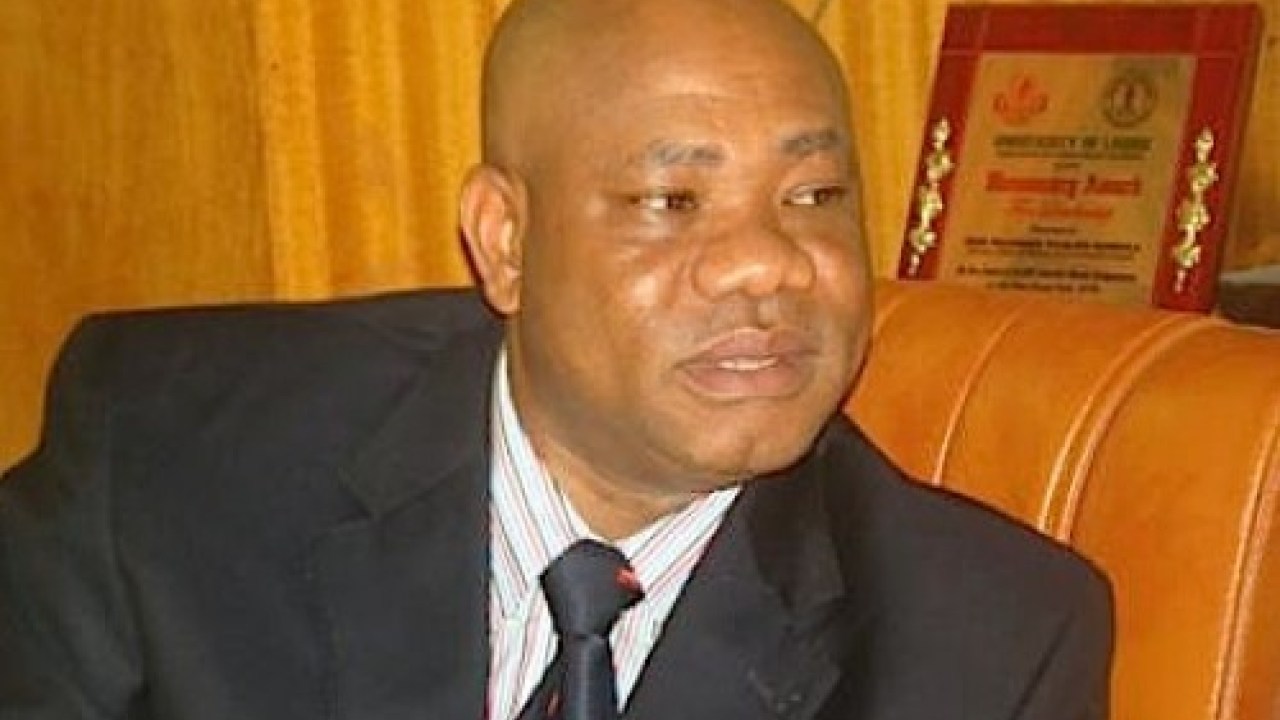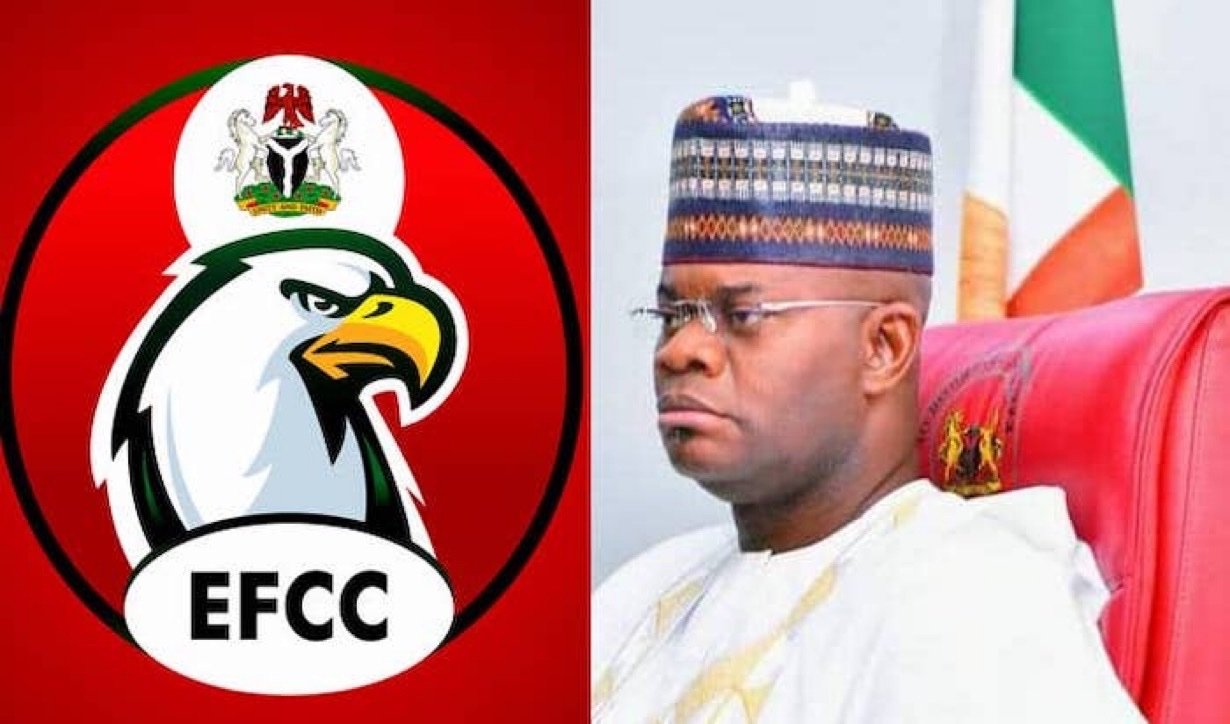Businessman, Abubakar Funtua Loses Bid To Stop EFCC’s Probe Into Alleged Economic Crimes
Posted on March 6, 2025

A Federal High Court in Abuja and presided over by Justice Emeka Nwite has thrown out a suit seeking to compel the Attorney General of the Federation and Minister of Justice, AGF, Mr. Lateef Fagbemi, SAN, to stop the Economic and Financial Crimes Commission, EFCC, from investigating allegations of fraud and economic crimes allegedly committed by a businessman, Abu Samaila Isa Funtua.
The presiding judge dismissed the case on Monday, February 24, 2025 on the ground that the request of the businessman lacked merit and substance.
Delivering judgment in a fundamental rights enforcement suit against AGF and EFCC, Justice Nwite held that AGF has enormous power to take over proceedings in criminal matters but held that such enormous powers are not at large.
Justice Nwite said that under Section 43 of EFCC Act 2004, the anti-graft agency was not under any obligation to take advice from any ministry or agency to drop its statutory powers to initiate investigation into any alleged economic crimes.
The businessman had in his suit marked FHC/ABJ/CS/2024 sued the AGF and EFCC complaining of unlawful investigation into some business transactions involving him and others.
He alleged that EFCC was biased and mischievous in the ways and manners he was being investigated.
Specifically, Funtua alleged that EFCC was acting the script of his business adversaries to cause investigation against him without telling him the nature of his offence or show any petition against him.
Funtua subsequently asked Justice Nwite to issue an order of mandamus against the AGF to order EFCC to drop the investigation and direct any other security agency of the federal government to take over the investigation.
However, in his judgment, Justice Nwite held that Section 174 (3) of the 1999 Constitution upon which the case was predicated did not confer any power on the AGF to nominate any agency to conduct investigation into economic crimes or financial breaches.
The judge held that in the exercise of its statutory duties, the EFCC was not under any obligation to obey directives from any ministry or government department.
Justice Nwite said that Section 43 of the EFCC Act 2004, has no ambiguity to the fact that the anti-graft agency shall have powers to initiate investigation into alleged economic crimes and initiate prosecution of those indicted in the process.
He subsequently dismissed the suit for want of merit and substance.












